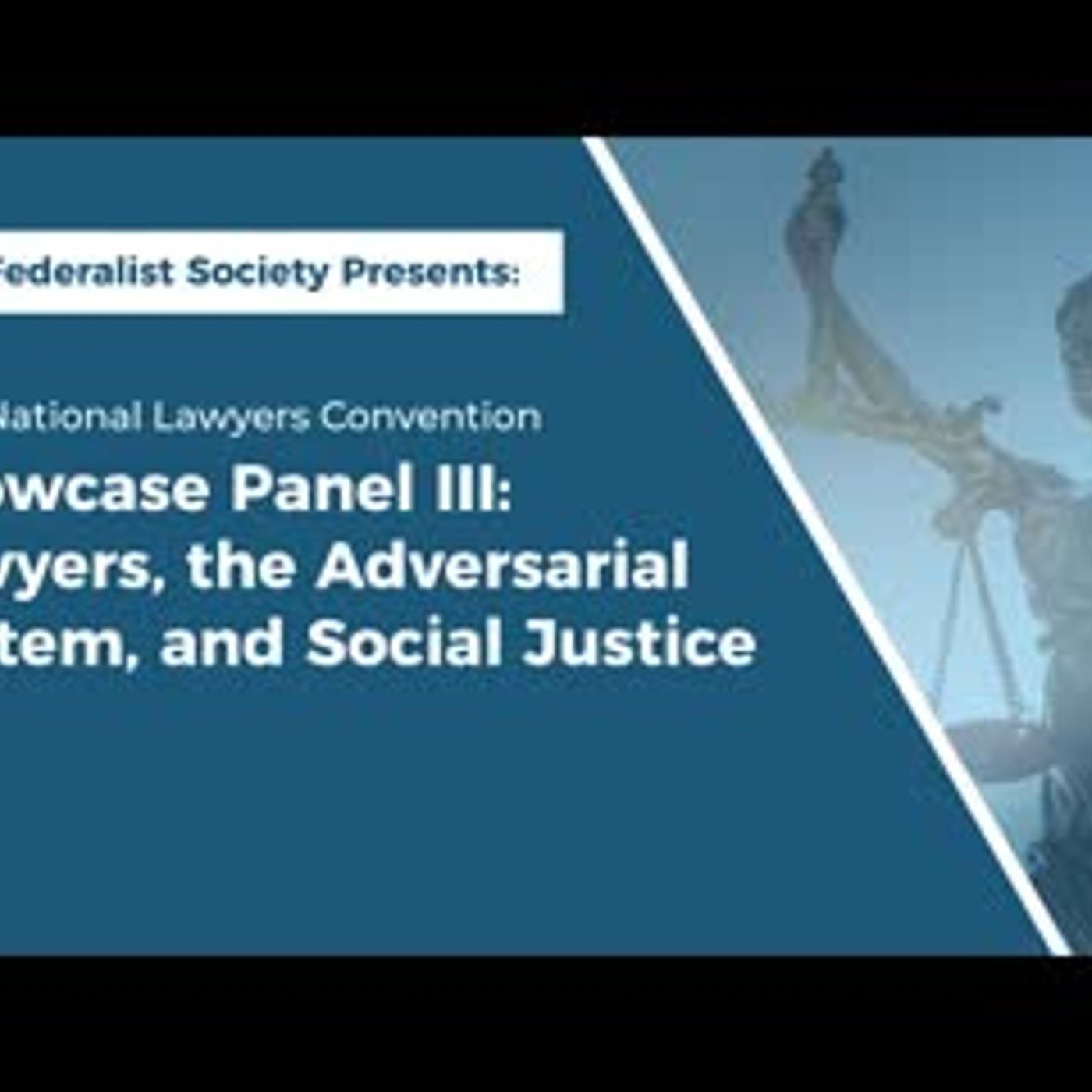- News
- Politics
- SEE MORE
- classical
- general
- talk
- News
- Family
- Bürgerfunk
- pop
- Islam
- soul
- jazz
- Comedy
- humor
- wissenschaft
- opera
- baroque
- gesellschaft
- theater
- Local
- alternative
- electro
- rock
- rap
- lifestyle
- Music
- como
- RNE
- ballads
- greek
- Buddhism
- deportes
- christian
- Technology
- piano
- djs
- Dance
- dutch
- flamenco
- social
- hope
- christian rock
- academia
- afrique
- Business
- musique
- ελληνική-μουσική
- religion
- World radio
- Zarzuela
- travel
- World
- NFL
- media
- Art
- public
- Sports
- Gospel
- st.
- baptist
- Leisure
- Kids & Family
- musical
- club
- Culture
- Health & Fitness
- True Crime
- Fiction
- children
- Society & Culture
- TV & Film
- gold
- kunst
- música
- gay
- Natural
- a
- francais
- bach
- economics
- kultur
- evangelical
- tech
- Opinion
- Government
- gaming
- College
- technik
- History
- Jesus
- Health
- movies
- radio
- services
- Church
- podcast
- Education
- international
- Transportation
- Other
- kids
- podcasts
- philadelphia
- Noticias
- love
- sport
- Salud
- film
- and
- 4chan
- Disco
- Stories
- fashion
- Arts
- interviews
- hardstyle
- entertainment
- humour
- medieval
- literature
- alma
- Cultura
- video
- TV
- Science
- en
Showcase Panel III: Lawyers, the Adversarial System, and Social Justice

b"ABA Model Rule of Professional Responsibility 1.2(b) states: “A lawyer's representation of a client, including representation by appointment, does not constitute an endorsement of the client's political, economic, social or moral views or activities.” The comment on the rule further explains: “Legal representation should not be denied to people who are unable to afford legal services, or whose cause is controversial or the subject of popular disapproval. By the same token, representing a client does not constitute approval of the client's views or activities.” These principles date back at least to John Adams’ defense of the British soldiers involved in the Boston Massacre and have long been viewed as essential to the adversarial system.
Increasingly, however, in the minds of some, these principles are better honored in the breach – at least in the case of the powerful. There are all kinds of representation that lawyers simply should refuse to undertake – ranging from the House of Representatives seeking to intervene to defend a previously enacted law, to GITMO detainees, to the Defense of Marriage Act, to tobacco companies, to oil companies, to gun manufacturers, to former President Trump – regardless of the legal merits of the matters at issue. Lawyers who undertake such representations, it is argued, should incur severe reputational and professional consequences, and other clients should punish firms that take on these matters by taking their business elsewhere, even if there is no direct conflict. To these minds such representation sends the wrong message about the role of law in society. At the same time, in the view of many of the proponents of these exceptions, it remains essential that lawyers continue to represent certain kinds of unpopular clients, such as defendants accused of violent crimes, without fear of adverse professional repercussions. To them that is fundamental to the proper role for lawyers in society.
Can these two visions coexist? What is the proper role of the lawyer?
Featuring:
Ms. Lisa Blatt, Partner, Williams & Connolly; Former Assistant to the U.S. Solicitor General
Hon. Paul D. Clement, Partner, Clement & Murphy, PLLC; Former U.S. Solicitor General
Mr. Kannon Shanmugam, Partner, Paul, Weiss, Rifkind, Wharton & Garrison LLP; Former Assistant to the U.S. Solicitor General
Hon. Seth Waxman, Partner, Wilmer Hale; U.S. Former Solicitor General
Moderator: Hon. S. Kyle Duncan, U.S. Court of Appeals, Fifth Circuit
"